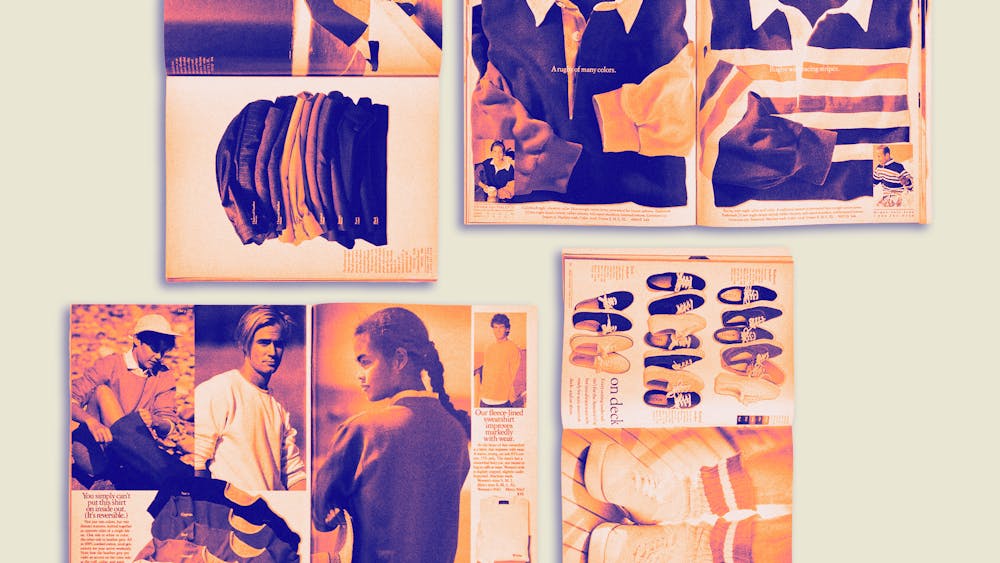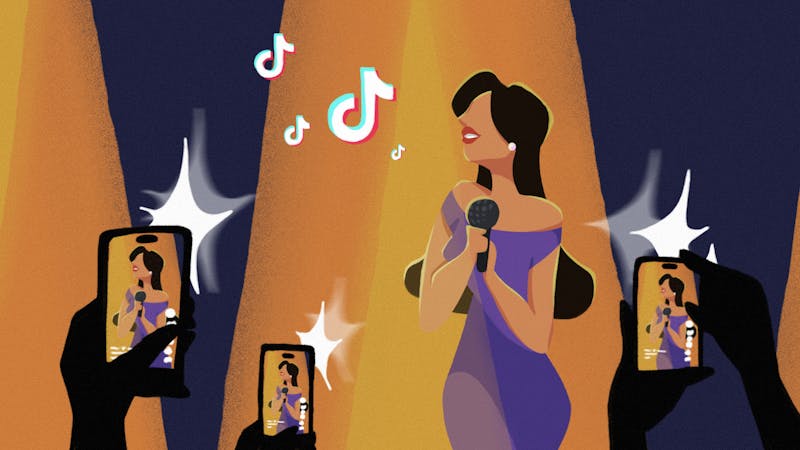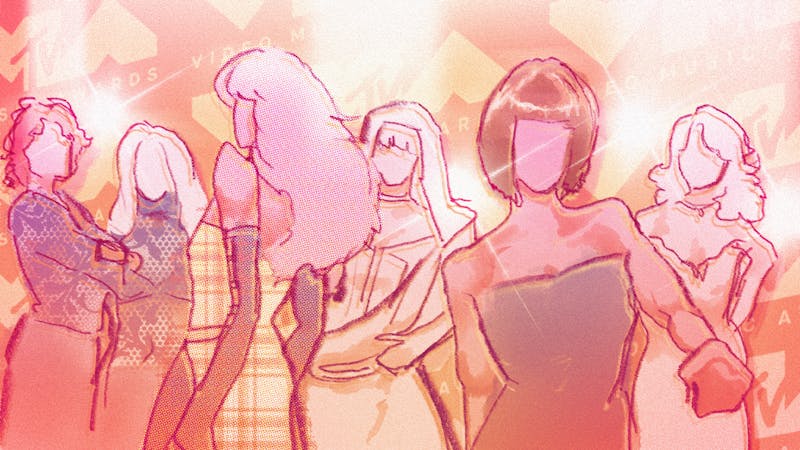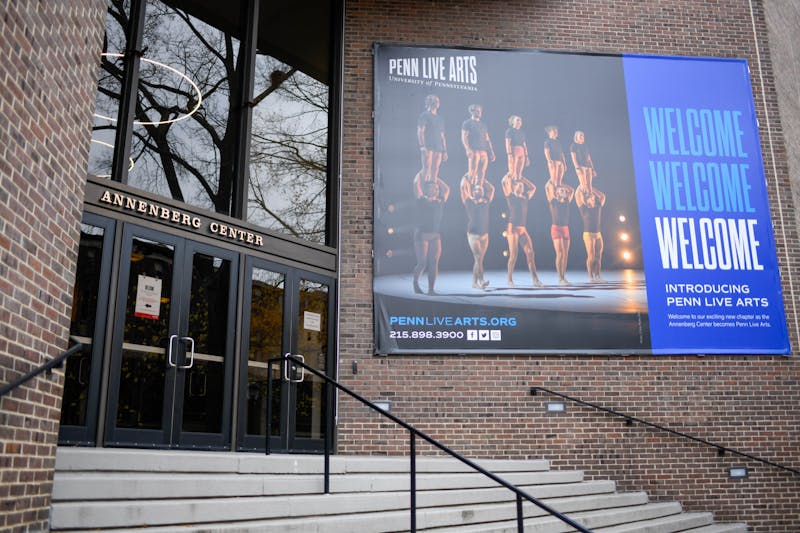For most of us, books were an integral part of our childhoods. School days centered on powering through tortuous textbooks; Sundays were spent perusing through Reader’s Digest with grandparents; summers were spent reading and rereading Harry Potter or Percy Jackson or Little Women.
I grew up in Pakistan, where popular, “cool” magazines were impossible to find. Of course, we had our own magazines and newspapers, but, for my 14–year–old self, Hello Pakistan simply couldn’t compare to Teen Vogue or Tiger Beat. Whenever we visited my aunt in London, my cousins would beg our parents to buy them Kinder Bueno in grocery stores while I drooled over the vibrant, glossy covers. I was desperate to flip through them; was I Justin Bieber’s perfect match? I would lay on my bed for hours, pouring over the colorful pictures of beautiful outfits and taking oddly niche quizzes: if I were a type of pajamas, what kind would I be? I spent countless afternoons lost in a magazine.
Over the past few years, however, my affinity for physical magazines has been replaced by the dopamine hit of scrolling through social media. I, along with most of those around me, have immigrated to the online world. We take tests online, pick out apples and oranges on an app, and spend more time watching TikToks discussing articles than actually reading them. And yet, our scrolling rabbit holes weren’t without consequence. The companies and industries that couldn’t keep pace with our new digital lifestyle found themselves replaced or abandoned. In 2017, for instance, Teen Vogue decided to ditch print and become digital only. Many others followed suit, and those that didn’t saw a massive fall in print sales. It seemed as if we had left print—and the colorful magazines and books of our childhood—for dead.
Recently, however, there has been mounting evidence of our growing disillusionment with being chronically online. People are rediscovering the thrill of reading physical books (yes, It Ends With Us counts). Then, in August, J.Crew announced that it would be bringing back the iconic J.Crew catalog, which was discontinued in 2017 after three decades of style royalty. In its heyday, the catalog was one of the beloved symbols of American fashion; it was the epitome of preppy style, featuring roll–neck sweaters, button–ups, and chinos on beaches and yachts.
Now, those pages reeking with sophistication and elegance will once again grace the magazine racks. New York Magazine is printing a standalone Fall Fashion Issue with The Cut. This won’t just be a nostalgia dopamine hit; these developments are proof of our growing aversion to the digital realm we were so eager to populate. As Viv Chen writes in her Substack essay, brands have now begun to realize the “cultural cache of all things analog” and have begun capitalizing on it. We have long been aware of the detrimental impacts of social media on our lives, but it seems we’ve finally had enough. Are we finally breaking free of the several–years–long hypnosis that bound us to our phones and laptops?
As a member of Generation Z, I know a lot of us like to brag about our childhoods. Unlike today’s iPad kids, entranced by their devices, we grew up “normally,” with a stuffed animal glued to our arms instead of a device. We spent hours playing hide and seek, performed made–up dances and plays for our families, and had that young–adult bookworm phase. In spite of how we grew up, we eventually became iPad teens and adults. We scrolled and scrolled until we drove ourselves to “brainrot,” i.e. the effects of consuming too much low–value internet content. Take the TikToks of people speaking entirely in brainrot, for instance: To me and many others in the comment section, these videos are almost entirely comprehensible. “The fit is fitting, pop off king!”: The fact that so many of us understand this is concerning. As someone who went to a British school that prided itself on teaching us to speak eloquent and “proper” English, I can’t help but feel a little embarrassed. And I’m not alone. Brainrot has shown people just how much social media has negatively impacted their intellect, speech, and attention spans, which has inspired many antiTikTok awakenings.
The stark reality of how deeply social media has crept into and entrenched itself into our lives has led to many trying to reverse this. Dopamine detoxes are the new trend. Reading print magazines is hot again. Writing in physical journals is romanticized. People are rediscovering things lost in their childhood, before the advent of the internet era. We desperately want to relive the “good old days,” before the internet took over every aspect of our lives. Not to mention, nothing gets Gen Z going like the idea of possessing an aesthetic. In a world of “pilates princesses” and “coquette girls,” more and more people aspire to become intellectual “thought daughters.” And there’s no better way to do so than aesthetically reading a glossy magazine on the subway while everyone else has their nose in their phone.






